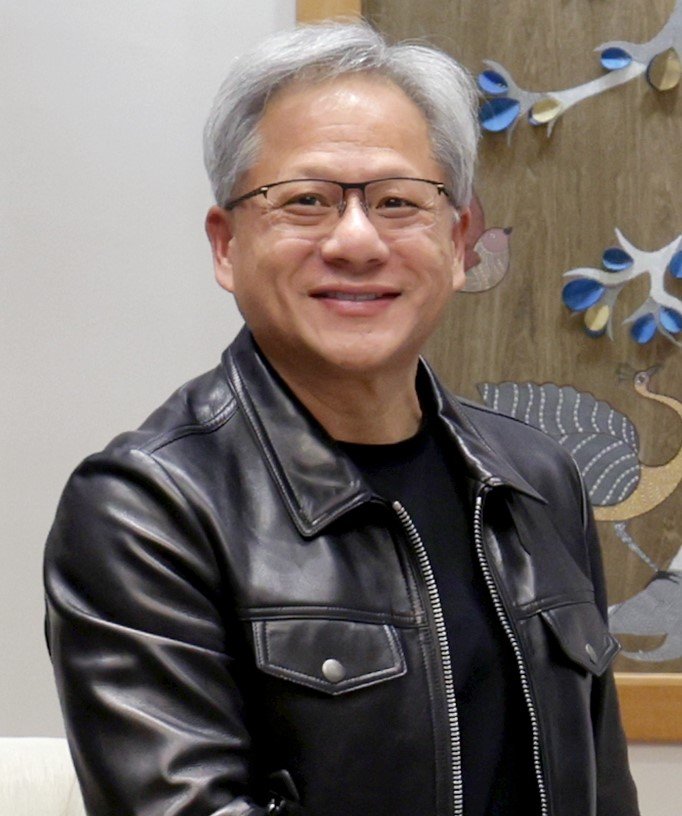
Nvidia’s CEO, Jensen Huang, asserted during the annual DealBook summit by The New York Times that artificial intelligence (AI) is rapidly approaching human capabilities. According to Huang, if we define artificial general intelligence (AGI) as a system capable of completing tests in a manner competitively comparable to human intelligence, then “In half a decade, it will become evident that artificial intelligences capable of mastering these tests are on the horizon.”
The soaring demand for high-performance graphics processing units (GPUs) has substantially fueled Nvidia’s business, particularly in training AI models and handling substantial workloads across diverse sectors such as automotive, architecture, electronics, engineering, and scientific research, including applications like OpenAI’s ChatGPT. Nvidia’s fiscal third-quarter revenue tripled, reaching $9.24 billion in net income, a significant surge from the $680 million recorded a year earlier.
In a recent interview, Huang recounted the delivery of “the world’s first AI supercomputer” to OpenAI after Elon Musk expressed interest in the technology following Huang’s presentation at a conference. Reflecting on the recent upheavals at OpenAI, including changes in board structure and the temporary ousting and subsequent reinstatement of CEO Sam Altman, Huang expressed relief that things seemed to be settling down. He emphasized the importance of corporate governance, citing Nvidia’s own 30-year journey and the resilience demonstrated through adversities.
Huang anticipates increased competition in the AI space, foreseeing the emergence of off-the-shelf AI tools that companies across industries can customize for various applications, ranging from chip design and software development to drug discovery and radiology.
When asked to rank the success of various companies in the AI market, Huang declined, stating, “I’m not going to rank my friends.” He acknowledged the desire to do so but emphasized the importance of not engaging in such comparisons.
While acknowledging the swift progress in AI technology, Huang highlighted that the industry is still years away from achieving AGI. He pointed out that although machine learning excels in tasks like recognition and perception, it currently struggles with multistep reasoning, a crucial aspect for both companies and researchers. Despite ongoing challenges, Huang expressed optimism about the industry’s collective efforts to advance AI capabilities.


